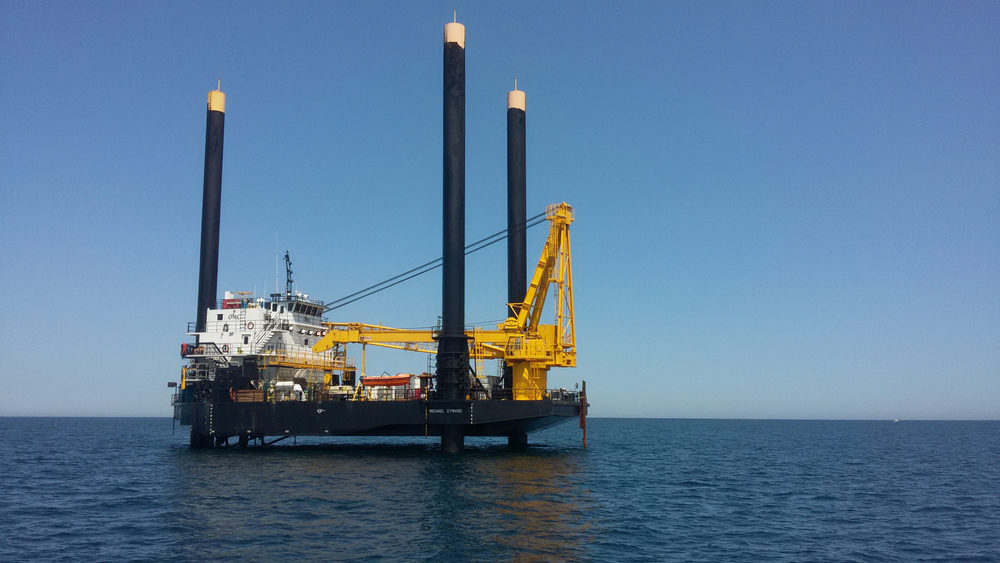
Months after the Seacor Power lift boat capsized in the Gulf of Mexico, a hearing to investigate what led to the tragedy that left 13 of the 19 crew dead or presumed dead wrapped up on August 13. The U.S. Coast Guard Marine Board of Investigation heard testimony from 31 witnesses, many of whom were part of search and rescue efforts.
The purpose of the hearing was to put together a timeline of what happened and determine if a person or business was responsible for the Seacor Power disaster due to misconduct or failure in performing their duties. Knowing weather conditions and what warnings the crew received were important to figure out what factors contributed to the disaster. The U.S. Coast Guard Marine Board of Investigation may also recommend enhanced safety regulations to prevent an accident like this from happening again.
The hearing included testimony from two survivors, family of crew members injured or dead, U.S. Coast Guard personnel, representatives of the companies involved, and others who helped with search and rescue efforts. Firsthand accounts of the disaster painted a grim and terrifying picture, how the stormy seas and poor weather conditions added challenges to the already dire situation. But other factors that contributed to the disaster were revealed during the hearing, including a technical issue with the boat’s weather warning system.
In addition to the investigation, survivors and family members of those who died in the Seacor Power boat accident have since filed several lawsuits. Talos Energy Inc., Seacor Marine LLC, and Falcon Global Offshore II LLC are cited in the lawsuits.
What Was Learned During the Seacor Power Hearing?
The hearing for the Seacor Power boat accident revealed enough facts to create a timeline of events surrounding when:
- The boat left Port Fourchon
- Weather warnings were sent
- Communications with Seacor Power representatives occurred
- Search and rescue efforts began
Coast Guard personnel who testified brought forward two key pieces of information. First, they explained the technical issue that inhibited the Seacor Power boat from receiving weather warnings and that it wasn’t reconnected until after the boat capsized. The crew had no way of receiving weather warnings due to the system’s failure.
Another important piece of testimony was centered around the initial distress signal that prompted the Coast Guard to reach out to Seacor Power. The company representative told the Coast Guard false information – that the boat was still in Port Fourchon – but it wasn’t. Around half an hour later, a different representative called and said the boat capsized. The number of crew members on board was also incorrect at first. This confusion added unnecessary challenges to the situation.
A witness who was part of a private helicopter crew that attempted to save crew members from the waters explained what he saw and experienced at the accident site. He described how the churning seas and high winds prevented them from immediately reaching crew members who were waving for help as they hung onto part of the boat. It took a few hours to rescue the surviving hypothermic crew because of poor weather.
Who’s Liable for the Seacor Power Accident?
Falcon Global Offshore II LLC, Seacor Marine LLC, and Seacor Liftboats LLC have filed a civil suit under the Limitation of Liability Act. The use of the Limitation of Liability Act is common after maritime accidents. The lawsuit claims due diligence on the part of the three companies; the weather forecast was within their “safe operating limits,” the boat was “fit for service” at the time it left port, and unexpected weather changes ultimately caused the boat to capsize. They also claim the final decision to leave port was that of the captain, a fact that’s been widely debated.
In the weeks following the accident, there was controversy around who was responsible for deciding to set sail after a storm had just passed through the area. Many speculated that the boat shouldn’t have left Port Fouchon, and blame was passed around to the boat owners, the company that commissioned it, and the captain.
What is the Limitation of Liability Act?
When companies file suits under the Limitation of Liability Act, claims related to the accident are limited to the total value of the boat and its freight. This would limit settlements with family and survivors of the Seacor Power disaster to a total of $5.67 million.
The Limitation of Liability Act protects the companies involved but has been criticized throughout the years, with many citing it’s an antiquated law for today’s maritime industry. The emergence of weather technology and communications systems and improved health and safety measures have greatly decreased the type, frequency, and severity of risks crew faced when the Limitation of Liability Act was introduced in 1851.
The Seacor Power boat tragedy on April 13, 2021, was one of the worst maritime accidents in recent history. Only six of the 19 crew were found alive during extensive search and rescue efforts that took place for weeks after the boat capsized. The Coast Guard’s Board of Investigation results are highly anticipated, and the National Transportation and Safety Board is expected to release its report in the coming months.
The experienced New Orleans offshore accident attorneys at Herman, Katz, Gisleson & Cain, LLC are very familiar with maritime claims. Our firm was instrumental in the DEEPWATER HORIZON litigation. The DEEPWATER HORIZON catastrophe is widely considered to be the worst offshore maritime disaster in American history. Eleven offshore workers died, and many more were severely injured. Our firm led the charge to hold BP accountable for its gross failures that led to this tragic maritime accident.
If you or someone you know has been injured in an offshore accident, our experienced maritime injury lawyers can help. For more information or a free case consultation, contact us online or call us toll-free at 844-943-7626.

Jed Cain is a partner with Herman, Herman & Katz, LLC. He has dedicated his career to representing injured folks and their families.


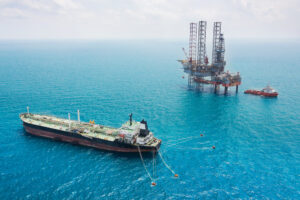
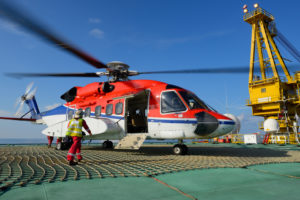
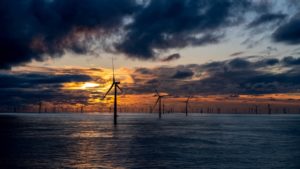
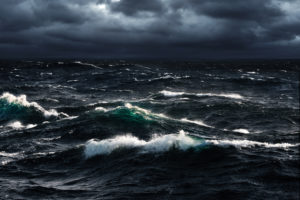

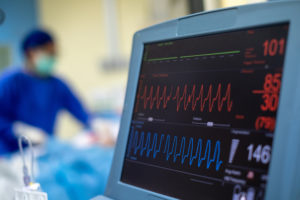

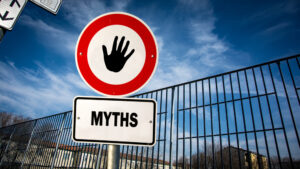

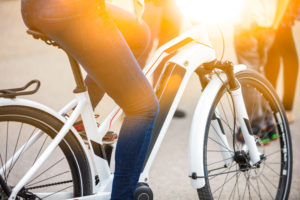
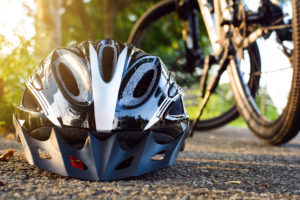

Comments for this article are closed.